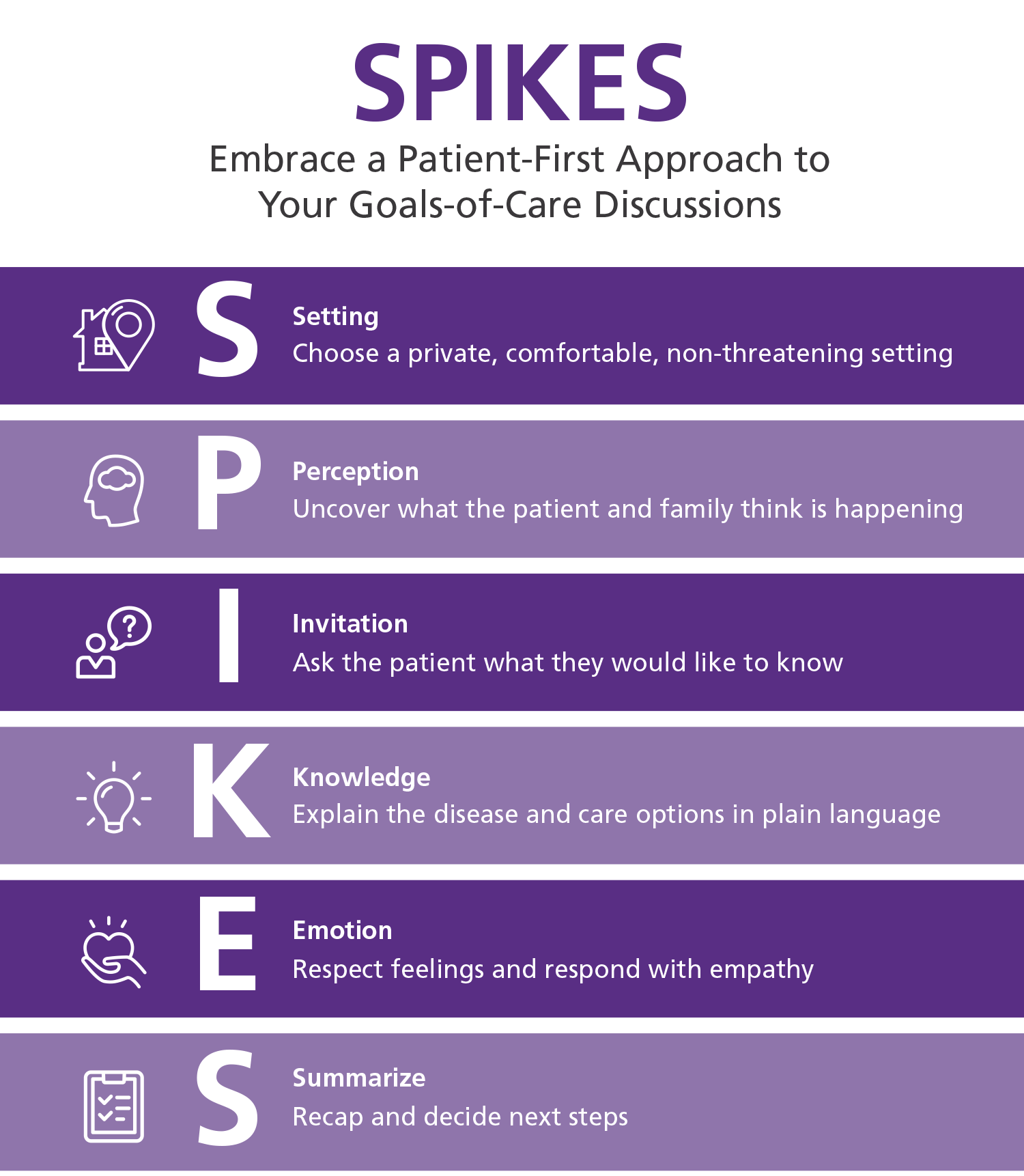Conversations Today Empower Tomorrow
As a pioneer and national leader in hospice and palliative care, VITAS supports National Healthcare Decisions Day and advocates for advance care planning.
Celebrated on April 16 each year, National Healthcare Decisions Day serves as an important reminder to begin or continue conversations about end-of-life wishes—regardless of health status. In fact, everyone over 18 should document their preferences in an advance directive.
Resources for Physicians
Healthcare professionals play a critical role in guiding patients through the process, especially in patients with advanced illness. Conversations with patients related to advance care planning are billable, underscoring the role healthcare professionals play.
Talking Points
Reinforce the value of advance care planning and address common misconceptions for patients and their families:
- In the absence of an advance directive, the decision-making burden typically falls to a family member. Documenting end-of-life care wishes alleviates that burden and the stress that often accompanies it.
- People who document their healthcare preferences in an advance directive are more likely to get the care they want at the end of life.
- Advanced age, chronic illness, or a declining health status is not a precursor for advance care planning. Everyone over 18 should have an advance directive, and the best time to initiate a dialogue is when a patient is healthy.
- Advance directives can be modified over time if a patient’s wishes change. National Healthcare Decisions Day is an ideal time to review an advance directive that was previously established.
- Advance care planning isn’t expensive. A variety of free resources exist to facilitate the process:
Communication Framework
“SPIKES” is a six-step communication framework to facilitate difficult-but-rewarding conversations between physicians and patients/families. The six-step SPIKES process can be applied to end-of-life care planning, regardless of the patient’s current health status.1

1 Baile, W., et al. (2000). SPIKES—a six-step protocol for delivering bad news: application to the patient with cancer. The oncologist, 5(4), 302-311.

Check Hospice Guidelines
Get diagnosis-specific guidelines in our hospice eligibility reference guide.
Hospice Guidelines by Diagnosis Refer Your Patient